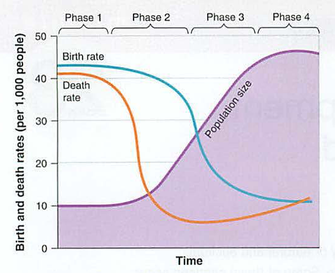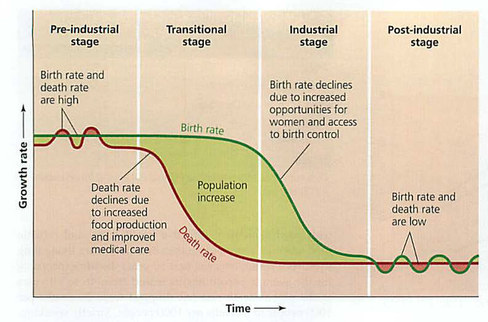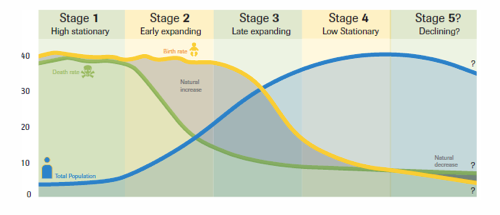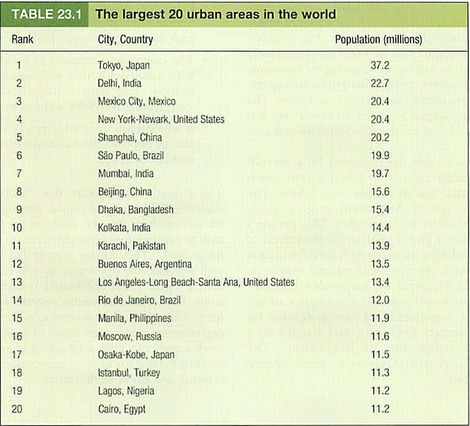10.18.19 quiz
- Describe the community succession from the coast to Waimea, uphill.
- Describe the 4 survivorship curves
- Compare parasitism with predation
- Compare mutualism with commensalism
10.22.19 quiz
- When your rabbit population peaked, what was the rabbit and lynx population?
- When the lynx population peaked, what was your rabbit and lynx population?
- How would the graphs look if the predator were cold blooded?
- How could this model be used to map the spread of a disease?
 |
| Click for full-size image |


so, there is a neat shorthand formula for this:


10.25.19 quiz
- Give an example of how you might see the baby boom and boom echo on your population diagrams.
- You work for the UN tracking two nations: Kaimania and Ansonia. Kaimania has a growth rate of 14% and Ansonia has a growth rate of 3.5%. What are the doubling times for each?
- Kaimania has an immigration rate of 4%, a CDR of 2%, a CBR of 8% and an emigration rate of 2%. What is the growth rate for Kaimania?
- Why are first year birthdays such a big deal in some cultures?
- Go to 1950 and look at the US population. Look again in 1960. Where is the baby boom? Why were there so few babies born during 1940-45?
- If you were a 42 year old American in 2000, when were you born? How old are your kids? Find the "boom echo".
- Find the impact of the Iran/Iraq war of 1980-89, which side had the biggest impact? If you were a 35 year old Iraqi man in 1995, how old were you during this war?
- If you are a 30 year old German man in 1950, when were you born? How old were you in WWII (1936-1945)?
- If you were a 35 year old woman in Japan in 1960, why are there so few men to choose from?
- Look at the UK in 1960. Where are the casualties of WWII, and are they both male and female? Explain.
- What the heck is going on in UAE?
- Look at Russia in 1960. What gaps do you see? Why?
- Information about China is very spotty-why would this be? See if you can find the impact of the one-child policy from 1979-2016.
- Compare present day Japan to Africa. What issues will they need to address?
- Look at present day Italy, Japan and Germany. What is common?
- Compare present day India and China. What do you see?
Terms:
Fecundity: ability to reproduce
Fertility: production of offspring
CBR: crude birth rate: births per 1000 people
TFR: total fertility rate: total kids per woman in her lifetime (25-30!)
ZPG: zero population growth: 5+ where infant mortality is high, 2.1 is normal
China: was 6 -> 1.8 (below replacement level since 1979, one child policy)
140/100 male to female ratio: why?
Global TFR is 2.6
CDR: crude death rate: deaths per 1000
Why a life span? mitochondrial DNA...
1900 Indian man had life expectancy of 23!
Not now, reasons: nutrition CLEAN WATER, sanitation, education
75 men, 85 women (testosterone, war, "hold my beer and watch this!")
Dependency ratio; baby boomers and your future: how many workers to retirees
imagine your life at your age in other countries...
Russia low TFR: alcoholism and antibiotic resistant Tuberculosis

 Another possible version:
Another possible version: |
| Click for full-size image |


Comments